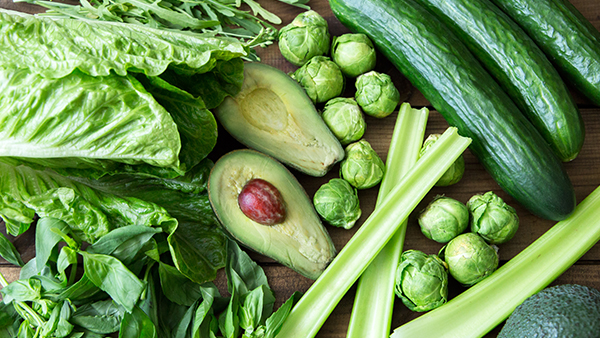Folic acid before and during your pregnancy
If you are planning or may become pregnant, it is recommended that you take folic acid tablets as a supplement. Folate or folic acid is necessary for the normal development of the fetus during pregnancy. If you have low levels of folate in your blood when you become pregnant, you are at increased risk of having a baby with a spinal cord defect. Here you will find out more about folic acid.
Read time: 3 m
Verified by Jenny Jansson
Certified midwife
The Difference Between Folate and Folic Acid
Folate is naturally found in food, while folic acid is an artificially produced folate used in fortification and dietary supplements. Folate and folic acid are different forms of the same B vitamin, but folic acid is easier for the body to absorb.
Risk of Folate Deficiency
Many women who are planning to become pregnant do not get enough folate through their diet. Folate or folic acid is needed for the metabolism of cells and the formation of red blood cells. A deficiency in folate causes anemia. Anyone who may become pregnant within a few months is recommended to take a supplement in the form of folic acid tablets. Since not all pregnancies are planned, it is recommended that anyone who may become pregnant take folic acid supplements.
Recommended Dose of Folic Acid During Pregnancy
If you are already pregnant, you should take tablets with 400 micrograms of folic acid every day until the twelfth week of pregnancy to reduce the risk of spinal cord defects in the fetus. After week 12, folic acid does not affect spinal cord defects, but it is important to continue to eat foods that contain folate throughout the pregnancy. It is needed for the development of the fetus and blood formation.
Folate-Rich Foods – Natural Sources of Folate
If you already eat a lot of foods high in folate, such as large amounts of legumes, you probably get enough folate.
Folate is naturally found in the following foods:
- legumes - such as beans, chickpeas, green peas, sugar snaps, and lentils
- green leafy vegetables - such as spinach, rocket, frisée salad, and mâche salad
- cabbage - such as broccoli, Brussels sprouts, and cauliflower
- berries - such as strawberries, raspberries, and blueberries
- whole grain products - such as bread, brown rice, and whole grain oats
- liver pâté and liver - note that you should not eat liver when you are pregnant, but liver pâté is fine!
Verified by Jenny Jansson
Certified midwife
More from Preggers
Hundreds of related articles, podcasts & more waiting for you in the Preggers app.
Download Preggers today.

